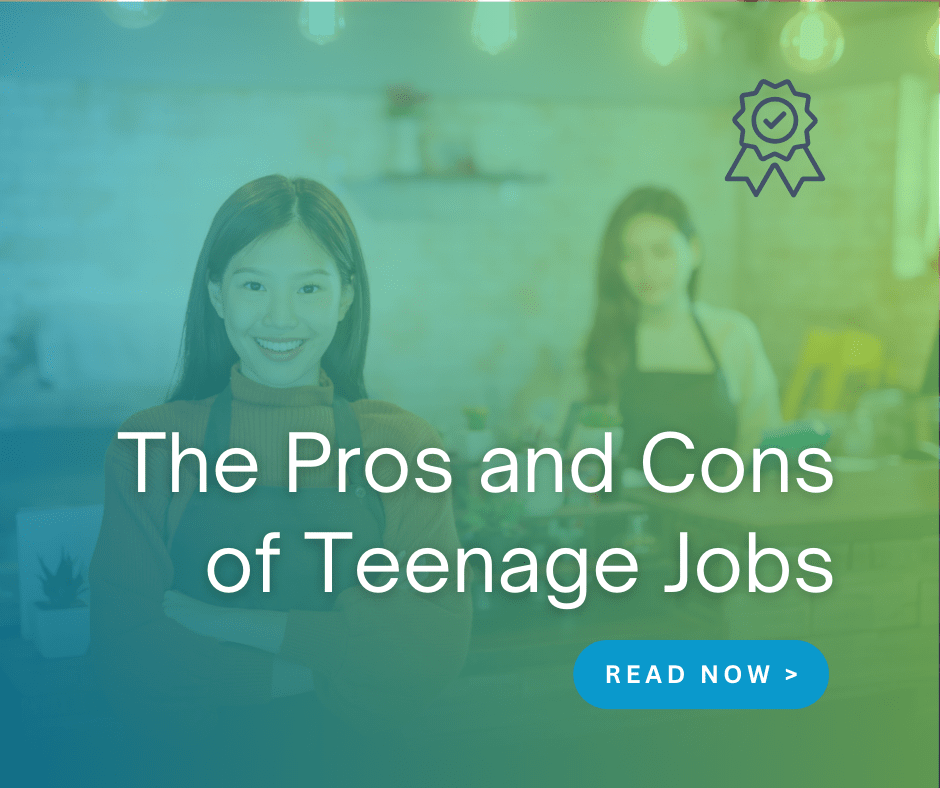Research shows that regular family dinners have tremendous benefits for children and teens. Eating dinner together as a family can increase self-esteem, academic performance, and reduce the likelihood of adolescent depression. They create a secure, positive, warm environment for the child. Regular family dinners – which the research defines as eating dinner together at least five times a week – also have the potential to prevent risky behavior, such as drug use.
However, sometimes making family dinner happen every night seems impossible. Life in the twenty-first century can be very busy, especially for families of children and/or teens. Parents have to consider work schedules, after-school activities, homework, doctor’s appointments, sports practices, and everything else. It’s easy to see why getting everyone around the table every night is tough: schedules fill up quickly and life becomes hectic. The daily grind can become so overwhelming it seems like there’s hardly any time to take a deep breath – let alone sit down with the entire family and eat together.
Here are some ideas to lock in the benefits of a regular family dinner if you, well, have no time for a regular family dinner.
1. Family breakfast.
The research on family dinners shows that breakfast counts almost just as well, too. A University of Missouri study of thousands of teens across America found that adolescents who consistently ate breakfasts with their families said they truly enjoyed it. Plus, these teens seemed to have a more positive body image. Only con? Teenagers are often loathe to get out of bed in the morning, and will skip breakfast if it means they can get an extra 10 minutes of sleep.
2. Family weekends.
Most parents work during the week. After-school activities often take place during weeknights, too. That leaves weekends a bit more flexible for meals together. So even if dinner on weeknights doesn’t work out, consider Friday night dinner, Saturday brunch, or Sunday morning breakfast.
3. Meal shifts.
Dr. Anne Fishel, director of The Family Dinner Project, tells Parents Magazine that every single family member does not need to be together at every meal to make it count. So if dad is still at work but mom comes home earlier, mom can sit down with whoever’s home and eat one shift, and then join Dad and the rest of the crew when they get home. “All you need is one adult and one child to call it a family dinner,” says Fishel.
4. You don’t have to make magic every time.
Research shows that many parents (mothers in particular) find family dinner difficult because they believe it means they need to create a wholesome, gourmet, home-cooked meal each time. Here’s the thing: all the research shows that it’s not the food that’s important during family dinner, it’s the conversation. So even if you order takeout, grab a pie of pizza on your way home from work, or cobble together an embarrassingly quick and easy meal (leftover protein + frozen veggies anyone), the benefits are still there as long as the family eats together.
5. Eat out.
Sometimes, teens will be more willing to be present at the family meal if it takes place at their favorite eatery. If your budget allows for it, splurge for the occasional meal out at a café or restaurant. Or, you can go out to eat to celebrate special occasions like birthdays or anniversaries together, with the rule that every family member needs to be present and leave their phones off.
6. Compromise.
Though the research states that family dinner at least five times a week has the most benefits, common sense tells us it doesn’t have to be an all-or-nothing thing. Settle for family dinner just once or twice a week. Even instituting once-a-week family dinners is a great idea. Just because you can’t do family dinner every night doesn’t mean you shouldn’t do it once a week, or whenever it works out, or even just for special occasions. You know what they say: perfection is the enemy of good.
Don’t Stress About Family Dinner
If all these ideas still sound completely impossible, don’t fret. If meals together are just not going to work out with your family, you have options. Try regular family game nights, walks, drives, or any outing you choose. The point is to spend quality time together. It’s the conversation, not the food, that matters.
Also, keep in mind that in general, what’s most important to give to a child and teen is parental love. The Human Flourishing Program at Harvard University recently conducted several studies on parenting practices, and found that parental warmth was the number one predictor of positive childhood outcomes.
We’ll let the authors of the study explain in their own words:
“Parental warmth in childhood…was associated, several years later, with a 46 percent reduction in depression, a 39 percent reduction in anxiety, a 68 percent reduction in eating disorders, as well as higher levels of emotional processing and expression, and lower levels of cigarette and marijuana smoking. Other parenting practices, like family dinners, were also important, but simply not as important as parental love and affection.”












